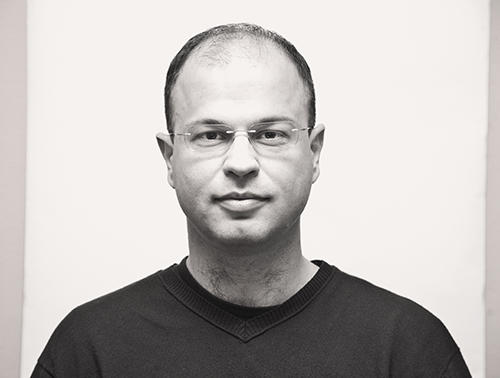New York, January 15, 2019–A Montenegro court today convicted investigative journalist Jovo Martinović of drug trafficking and being a member of a criminal group, and sentenced him to 18 months in prison, regional media reported. The Committee to Protect Journalists condemned the sentence and called on authorities to not contest the journalist’s appeal.
“The jailing of an investigative journalist for his reporting on an important issue of public interest is a terrible injustice that will have chilling effects on press freedom in Montenegro,” said CPJ Europe and Central Asia Program Coordinator Gulnoza Said. “We call on the authorities in Montenegro to not contest Jovo Martinović’s appeal and right this wrong.”
Martinović denied the charges and said he believed they were in retaliation for his reporting. “I have been convicted for being a journalist,” Martinović told Balkan Insight, the online publication of the Balkan Investigative Reporting Network (BIRN). “If I really had any business with marijuana I would have been acquitted, like all those who are really in the narcotics [business].” The journalist said he would appeal the verdict, according to BIRN. Martinović is free pending the outcome of the appeal, according to the report.
Martinović was first detained on October 22, 2015, along with 17 others, on suspicion of participating in a drug trafficking ring. Authorities charged him with allegedly facilitating a meeting between drug dealers and buyers, CPJ documented at the time. The journalist was released pending the outcome of his trial, and put under a travel ban in January 2017, according to reports. His release came after an international outcry, including by CPJ.
BIRN reported that Martinović had interactions with at least two of the 17 suspects in the alleged drug-trafficking scheme while working on documentaries including for CAPA Presse, a French production company focused on current affairs. Martinović, who has previously worked for outlets including VICE, has maintained that the only reason for his contact with the other suspects was his journalistic work, according to reports and rights organizations.
